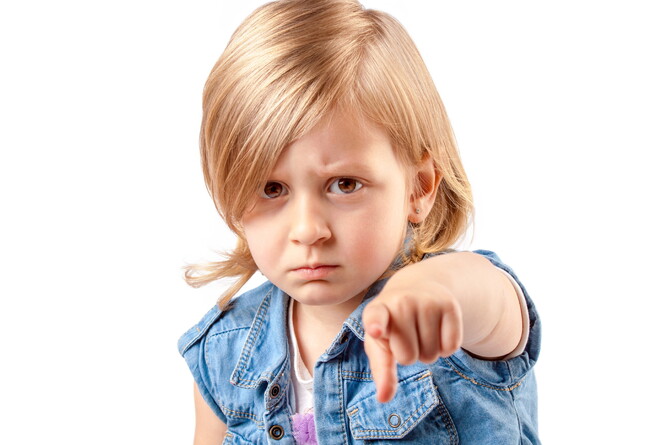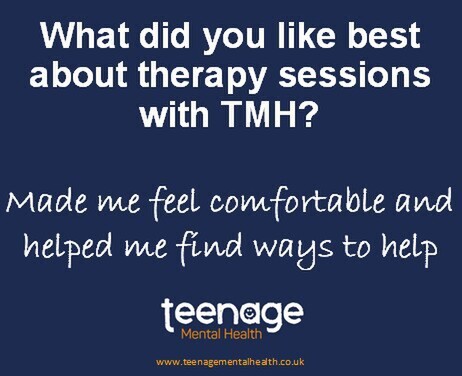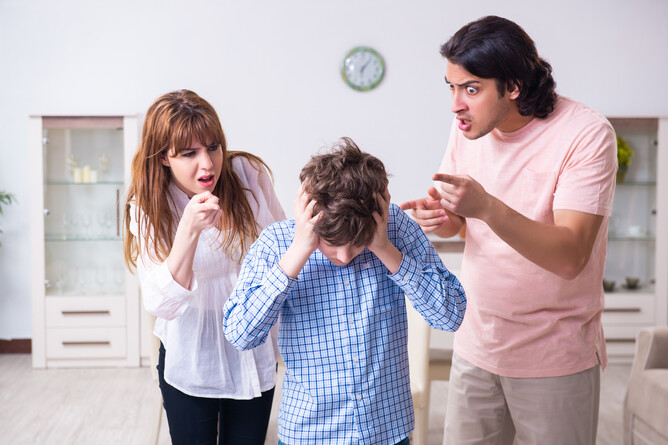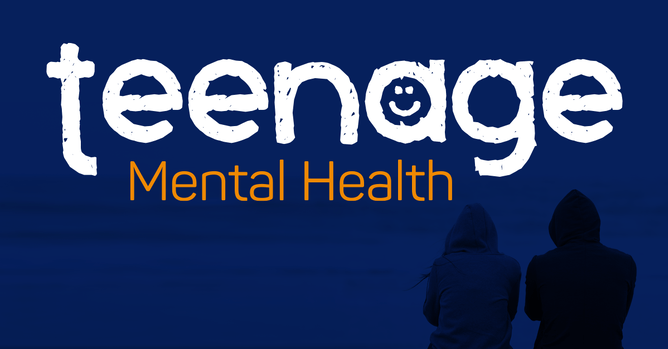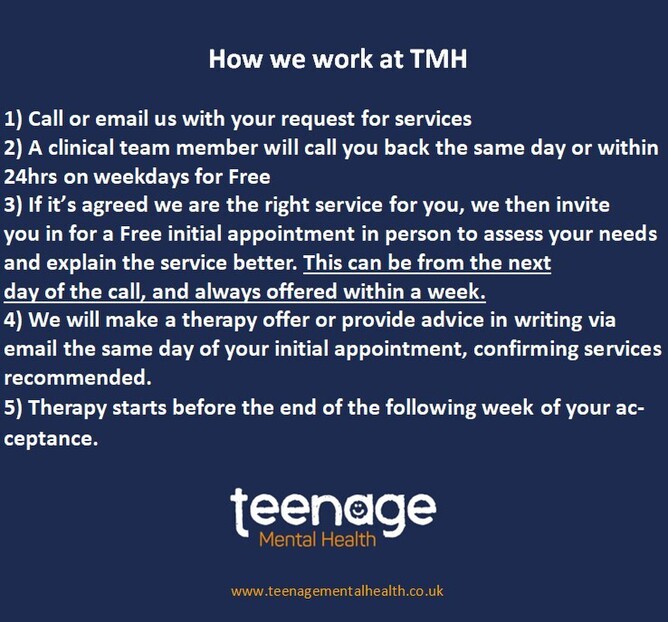Thoughts on Blame
Heard these?
“It’s that stupid carrots fault”
“It’s your fault!”
“It’s not my fault!”
“Teddy did it, not me!”
“Why am I being blamed?”
“If this hadn’t happened, then I wouldn’t have done it!”
The list could easily go on.
Blame can easily create or exacerbate situations of conflict and difficulty. It’s easy for many adults to fall into blame, and children will equally resort to blaming others or something (like a teddy) for whatever is distressing them. But why do we do it when blaming generally doesn't make things better?
When we blame, we simplify things into good and bad, a habit from when we were tiny and everything seemed scary. This mental process develops before we can even speak, a primitive defensive survival strategy of the mind when things don’t feel good or happen as expected igniting fear of something not good happening.
It helps us avoid feeling powerless or ashamed, giving us a target for our emotions when unable to accept and manage as part of ourselves. But it's like a shield, only an illusion of control.
Blame regularly doesn't solve problems, it just triggers defensiveness and more negativity. It's like a virus, spreading from one person to another. Ever notice how blaming divides people, creating an 'other' to hold all our hurt feelings or ill will?
Reading the common phrases shared above, you can see how children resort via blame to push their hurt or hurtful thoughts into something other than themselves. It’s something as adults we still do, it just looks different. Think of news headlines, issues at work or within social groups when things go wrong, there’s often someone or something to blame or scapegoat.
So, what can we do?
· When blame creeps in, search for that scared part of you that’s fearful of something. Remember, everyone feels that same fear. Before blaming, ask, "Is this helping or bringing peace?" If not, try a different approach.
· You could also, as difficult as it can be sometimes, try sitting on the other side of the fence or imagine being in the other persons shoes and think, ‘do I really have all the information?’. It’s also good to check in and to ask yourself, ‘what more might be making me feel this way’.
· Embrace the complexity of reality, save yourself becoming entangled in yours or others blame and the anxieties they provoke by keeping the matter real, as real problems need cooperation, dialogue, and personal responsibility.
· Take a moment and think, ‘maybe it's not your fault, but maybe it’s your responsibility’?
Let's aim for less blame, more understanding, and compassion for all.
When there’s blame...
Shame can often be found round the corner
Interesting Fact
Did you know that children are particularly sensitive to shame, and its effects can have a lasting impact on their mental well-being? Understanding how to navigate and prevent situations that induce shame is crucial in fostering a positive environment for a child's mental health.
Ask a Question for a Therapist
Q: How can parents create an open and supportive space for their children to share their feelings without fear of shame?
A: Encouraging open communication, active listening, and refraining from judgment can help children feel safe expressing themselves. When a child knows they won't face shame for their emotions, they are more likely to communicate openly and honestly.
Top Tip
One effective way to avoid making a child feel ashamed is by focusing on their actions rather than labelling them.
Instead of saying, "You are naughty," try addressing the specific behaviour, such as, "Drawing on the wall is not okay, let's find a better way to express your creativity." This helps separate the action from the child's identity, promoting a healthier understanding of right and wrong without inducing shame.
What can I do if my child is frequently blaming?
Here’s some ideas you might consider, see what works for you and your child.
When your child is very little, they’re still developing a sense of right and wrong, good and bad, and the grey in between the black and white. It’s not a simple process learning how something, someone or themselves can be both good and at times bad, and that something bad isn’t necessarily going to be self-defining or a threat to life or their self.
· Don’t debate it when your child is blaming a toy, or you or someone else in a way that appears irrational. Remember it is part of a process.
- Instead of correcting them straight away when they say it’s the horrible teddy’s fault, when they themselves have done something wrong. You could say, “oh dear, teddy must feel really upset with themselves about that, what do you think?” That way you’re validating, identifying and modelling verbalising feelings in a safe way they can accept.
In time they can recognise and be more accepting of these feelings, learning it doesn’t cause them true harm paving the way to more comfortably be able to identify these feelings as within themselves.
· Pick your moment, it’s hard to rationalise with someone in the middle of a more irrational moment. If your child or someone of any age is outpouring negativity upon something or someone, waiting until their calmer is likely to be more successful and constructive.
- “This always happens because of this, or they do/did that and AUGH!” (Sound familiar?) Show you’ve listened by confirming what you’ve heard with some empathy. “Sounds like this is really frustrating” then you might be able to help them see and acknowledge their part, without them feeling dismissed at a later moment.
· For any age, saying what you see or feel can be beneficial, because it brings something real to the situation.
- We could say ‘I am upset, and now I feel like this conversation is becoming something that isn’t helping. Let’s take a moment’.
About TMH, and what can we do?
We can work with children and families helping with topics covered in this newsletter, and much more...
TMH doesn’t work with teenagers and young adults only, we can work with all ages as young as 2 and up to 102 years of age.
We often see patient of primary school age, which is wonderful to give needed help earlier.
And it's never too late to get help with us either.
If you know someone who might benefit from hearing about us, please share our details to them. Then they know they have a choice.
Lastly, A Gentle Reminder
The pressure to conform to societal expectations can be overwhelming. But here's a gentle reminder… it's okay not to make resolutions for others. In a world that often nudges us towards societal standards, it's crucial to recognise the importance of setting goals that align with our authentic selves.
Instead of succumbing to external pressures or societal norms as we step into a new year, when the air is filled with resolutions and promises. Focus on what truly matters to you and your family in the moment and near future.
The truth is, it's perfectly acceptable to say no to resolutions that don't resonate with your inner values and personal needs. It’s not easy for some, but anyone can politely decline in their way to conform to expectations.
Don’t see it as a rejection of personal growth, maybe it's an acknowledgment of your unique journey and what’s in your best interest that not all would realise.
Remember, you have the right to establish boundaries that prioritise your well-being. Saying no can be an act of self-love and self-care. Reflect on what aligns with your genuine desires, what brings you joy, and what contributes positively to your life.
Embrace the beauty of setting intentions that resonate with you. We’re in a world where comparison often takes centre stage, finding the courage to set boundaries is a powerful act of self-compassion. So, this year, give yourself the gift of authenticity.
Be kind to yourself, honour your needs, and navigate the new year on your terms.
